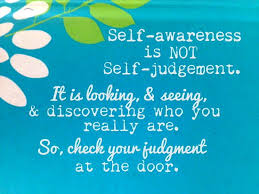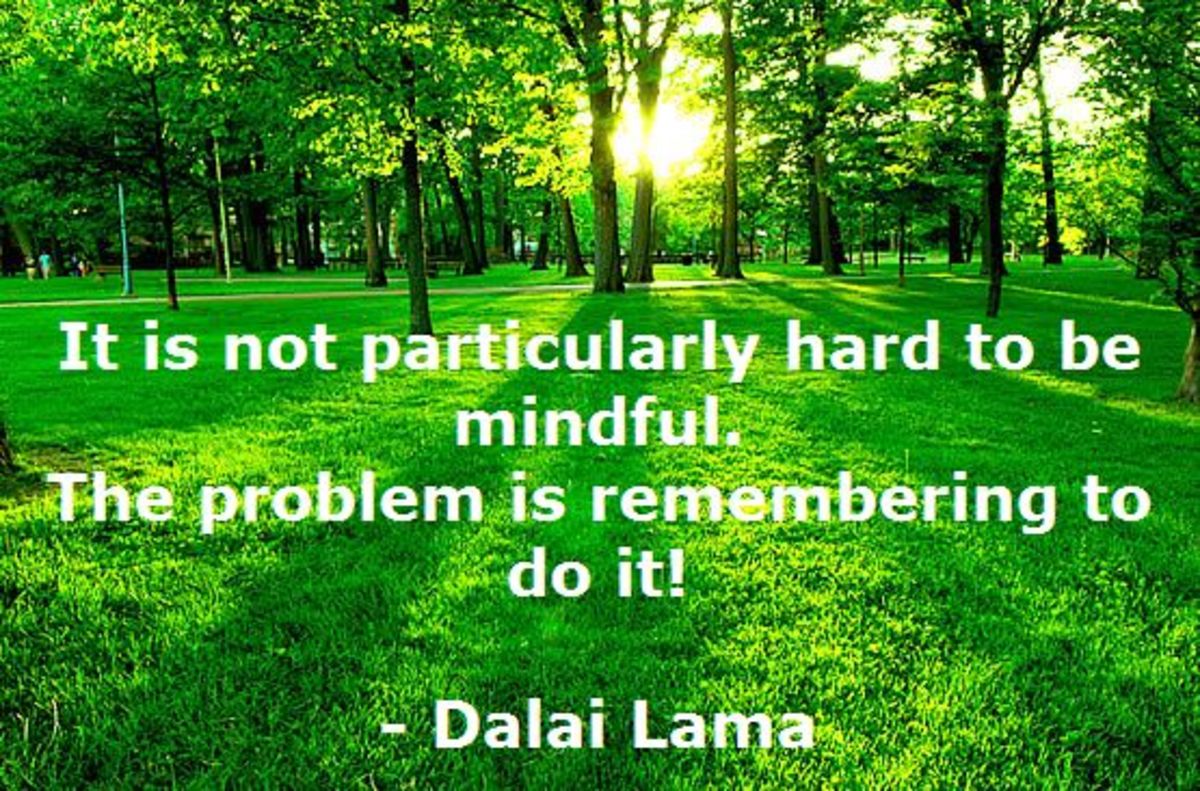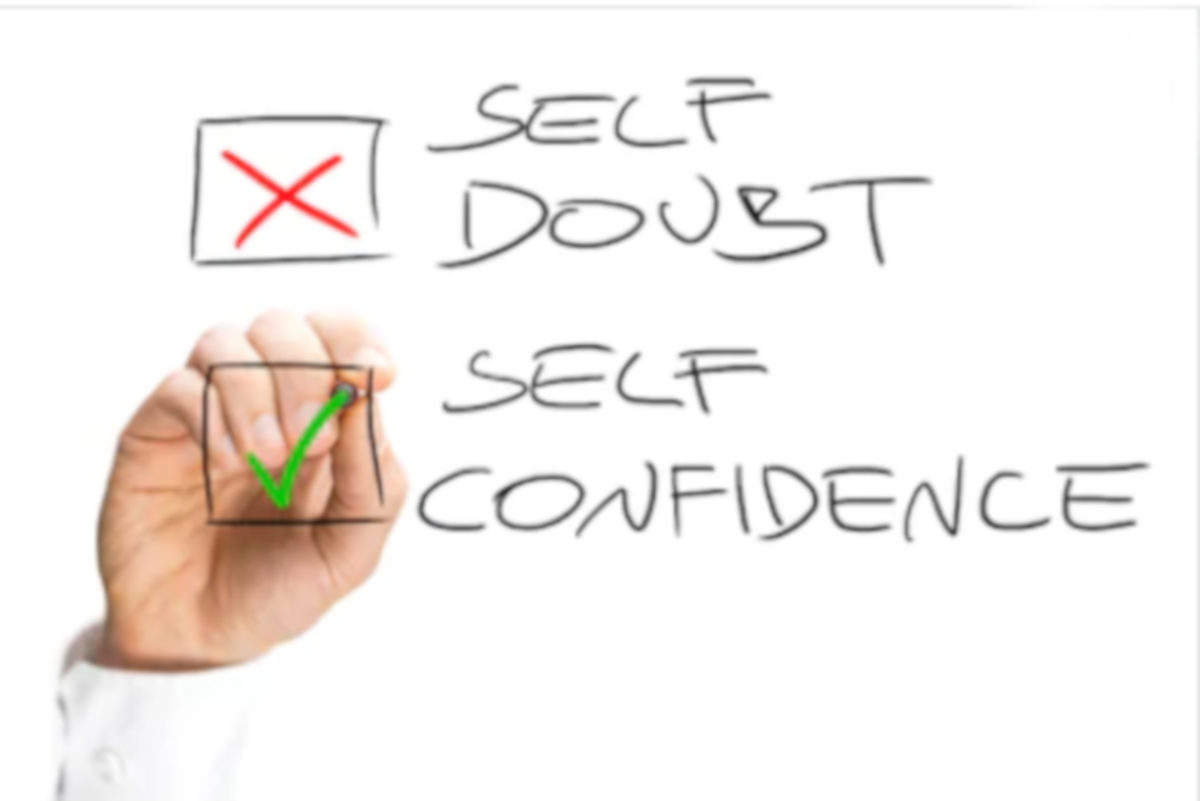- HubPages»
- Health»
- Personal Health Information & Self-Help»
- Mentally & Emotionally Balanced Living
Self-awareness: A Way to a Fulfilling Life

“Being self-aware is not the absence of mistakes, but the ability to learn and correct them.” Daniel Chidiac
The Self is an individual person as the object of one's own reflective consciousness, which simply refers to one’s awareness of internal or external existence.
Self-awareness is the capacity for introspection and the ability to recognize oneself as an individual separate from the environment and other individuals. Self-awareness is how an individual consciously knows and understands one’s own character, feelings, motives, and desires.
Individuals become conscious of themselves through the development of self-awareness, which pertains to becoming conscious of one's own body and mental state of mind including thoughts, actions, ideas, feelings and interactions with others. Self-awareness does not occur suddenly. It is developed through an early sense of non-self components, using sensory and memory sources. By the time one is 7 to 8 years old, one has developed a good foundation of self-awareness. But later by self-exploration and social experiences, one can become more familiar with the self.
Self-awareness is quite important from the perspective of individual development and evolution. If one wants to be more accepting of oneself or of others, cultivating self-awareness is a good place to start with. Being self-aware can help one relate well with people and increase one’s ability to achieve goals. However, these are not the only benefits of self-awareness.
Below are some more reasons why it is important to be self-aware:
- It increases one’s social skills.
- It promotes versatility and open-mindedness.
- It promotes productivity.
- It improves leadership skills.
- It promotes overall objectivity, thereby considering people, events and situations without bias.
- It improves relationships.
- It improves mood.
There are two broad categories of self-awareness: external self-awareness and internal self-awareness.
External self-awareness - It means understanding how other people view us. In other words, how they view our values, passions, aspirations, and behaviors that we have. The images that others have about us are likely to help us get along better with them and have more productive relationships. Developing external self-awareness requires feedback from others. People who are externally self-aware tend to be better leaders.
Internal self-awareness – It means how we see our own values, passions, thoughts, feelings and emotions. Being aware of our emotions and thoughts without judgment, we will be better able to deal with new situations because we know ourselves better. We will be more accepting of ourselves, our thoughts and emotions.

Tips of cultivating self-awareness -
Cultivating self-awareness is essential if one wants to improve as a person. Once you know what your flaws are, you can put all your efforts into action to tackle them. This in turn should improve your life all around.
The following are listed some tips. Initially, one should put at least one of them into action and stick with it for a while. It’s only after some time that one will begin to see the benefits.
Practice mindfulness –
In general, the concept of mindfulness is tangled up with self-awareness. Mindfulness is awareness that arises through paying attention, on purpose, to the present moment non-judgmentally. There are plenty of ways one can practice being more mindful. One can give a try to mindfulness meditation.
We can practice mindfulness by carrying out seemingly mundane tasks being fully present in them, which include washing dishes, working in the garden, cleaning the car or even waiting for someone. The practice will improve our moment-by-moment awareness.
Perform daily self-refection –
In order to have self-awareness, one must do self-reflection. This requires setting aside some time, hopefully every day, to honestly look at oneself as a person and a leader. Self-reflection is most effective when a person uses a journal and writes down one’s thoughts. It’s also best to find a quiet place to think.
Be a good listener –
If we are a good listener, it will be helpful in developing self-awareness. Listening helps us to be in the present moment. It also helps us to connect better with others. Every day we should give some time to listen to our inner voice also.
Keep learning –
By continuing to learn, especially in the areas where one thinks that one is an expert, one discovers the mistakes one has been making. And being aware of our mistakes takes us a long way in terms of self-awareness.
Keep track of your feelings –
Keep a track of most of negative and positive feelings to know the pattern. It will help a person to define one’s purpose of life. Similarly, one should monitor the energy levels to know the time of day that is best for work quality.
Observing and learning from other’s mistakes –
When one observes a situation that involves other people, one gains a greater understanding of oneself. As one may not be emotionally involved in the situation, one is more objective and hence the ability to learn is more.
Ask trusted friends –
We can rely on the feedback of our peers, friends, and mentors. Our friends can play the role of the honest mirror. One can let them know when one is seeking candid, critical and objective perspectives. A person can tell a friend or colleague to feel safe to give an informal but direct and honest view.
Get regular feedback at work –
In addition to informally and periodically asking friends and family, a person can use the formal processes and mechanisms at the workplace. A well constructed and formalized feedback allows us to better see our own strengths and weaknesses.
The bottom line –
Self Awareness implies having a clear perception of your personality, including strengths, weaknesses, thoughts, beliefs, motivation, and emotions. It allows you to understand other people, how they perceive you, your attitude and your responses to them in the moment.
In actuality, this is a state of heightened awareness. With practice we can learn to engage these types of heightened states, which create awareness to make changes in behavior and beliefs. Such changes can affect our life positively, making it more fulfilling.








